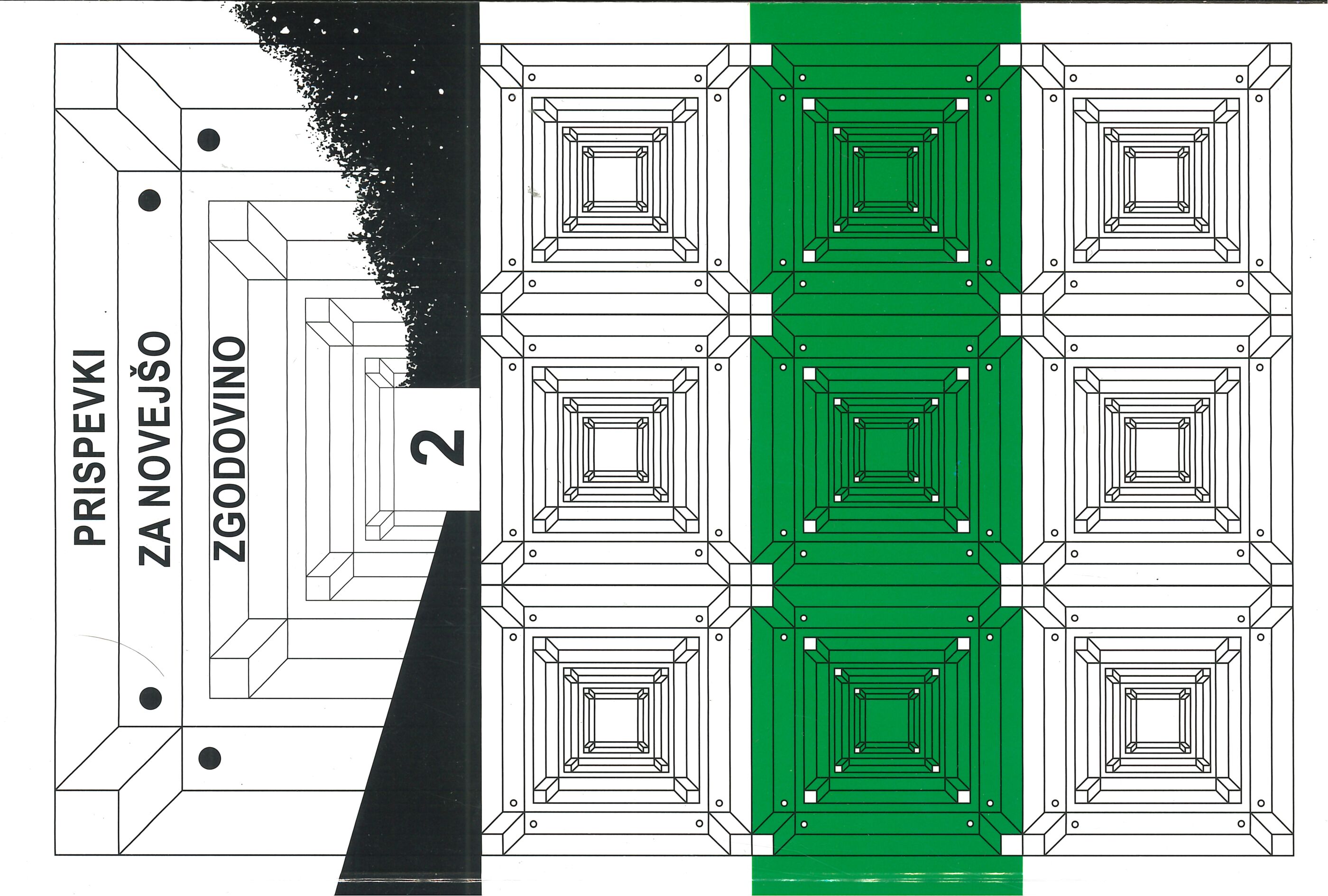Gospodarski in družbeni nazori v slovenskem naprednem taboru, 1930-35. II. del – idejnozgodovinski vidiki
DOI:
https://doi.org/10.51663/pnz.56.2.03Ključne besede:
liberalizem, napredni tabor, politična ekonomija, korporativizem, intelektualciPovzetek
ECONOMIC AND SOCIAL VIEWS IN THE SLOVENE PROGRESSIVE CAMP, 1930–35. PART II – THE INTELLECTUAL HISTORICAL ASPECTS
In the period between 1933 and 1935 the ideas about an extended and stronger role of the state in the economic life were inrepressibly spreading throughout Yugoslavia and thus also among the politicians of the Slovene progressive camp. This fact was evident not only from the changed rhetoric, revealing a shift in the political-economic paradigm, but also from the programme documents of the Yugoslav National Party (JNS), which demonstrated a substantive deviation as well as a clear programmatic departure from the liberal principles of the socio-economic order. The aforelying second part of the treatise deals with the following questions: in what way and to what extent did the popular ideas of that time – about building a “new order” and “man” – resonate in the Slovene progressive camp; and whether the economic doctrines were in fact adopted or newly formed (including the ideas about “planned economy” and “corporatist state”). The discussion transcends the framework of party politics and attempts to encompass, from a wider intellectual historical aspect, the various viewpoints which emerged inside the broader ideological camp. These viewpoints ranged from the indisputably liberal to the entirely socialist ones, while also including such which criticised the unbound economy from explicitly liberal positions. Intellectual heterogeneity also manifested in diverse understandings and assessments of the so-called corporatist state. It can be claimed that the “corporatist state” and “planned economy” represented nothing more than fancy slogans and a rhetorical adaptation to the spirit of the age. Kramer's circle was thereby distinctly characterised by a categorical rejection of Nazism, fascism and communism, while the younger generation was more susceptible to certain aspects of the non-liberal “socio-economic models”.
Literatura
Lazarević, Žarko. Plasti prostora in časa - iz gospodarske zgodovine Slovenije prve polovice 20.stoletja. Ljubljana: Inštitut za novejšo zgodovino, 2009.
Markeš, Janez. Točka nacionalnega nesporazuma. Ljubljana: Promag, 2001.
Melik, Vasilij. ”Slovenski liberalni tabor in njegovo razpadanje.” Prispevki za zgodovino delavskega gibanja 22/1-2 (1982): str. 19-24.
Perovšek, Jurij. O Demokraciji in jugoslovanstvu, Slovenski liberalizem v Kraljevini SHS/Jugoslaviji. Ljubljana: Inštitut za novejšo zgodovino, 2013.
Politična, socialna in gospodarska načela, sprejeta kot osnova delovnega programa na seji banovinskega odbora OJNS, v Ljubljani 5. septembra 1940. Ljubljana: Banovinski odbor OJNS, 1940.
Program i statuti Jugoslovenske nacionalne stranke. Beograd: Gen. sekretarijat JNS, 1933.
Vidovič Miklavčič, Anka. Mladina med nacionalizmom in katolicizmom. Ljubljana: Študentska organizacija Univerze, 1994.
Prenosi
Objavljeno
Številka
Rubrika
Licenca
Avtorji prispevkov, objavljenih v tej reviji, soglašajo z naslednjimi pogoji glede avtorskih pravic:
- Avtorji ohranijo avtorske pravice, reviji pa odobrijo pravico do prve objave. Delo se hkrati zaščiti z licenco za prosto uporabo avtorskih del (Creative Commons Attribution License), ki drugim osebam omogoča deljenje dela ob priznanju avtorstva in prve objave v tej reviji.
- Avtorji lahko sklenejo ločene dodatne pogodbene dogovore za neizključno distribucijo različice dela, objavljene v reviji, (npr. oddaja v institucionalni repozitorij ali objava v knjigi) z navedbo, da je bilo delo prvič objavljeno v tej reviji.
- Pred postopkom pošiljanja in med njim lahko avtorji delo objavijo v spletu (npr. v institucionalnih repozitorijih ali na svoji spletnih strani), k čemer jih tudi spodbujamo, saj lahko to prispeva k plodnim izmenjavam ter hitrejšemu in obsežnejšemu navajanju objavljenega dela (glej The Effect of Open Access).


